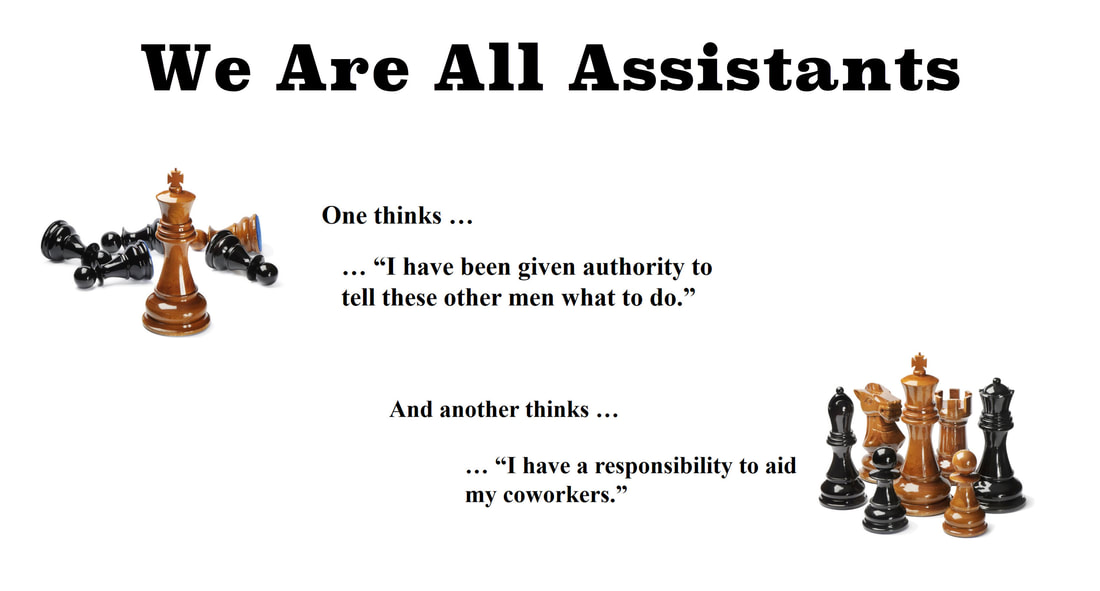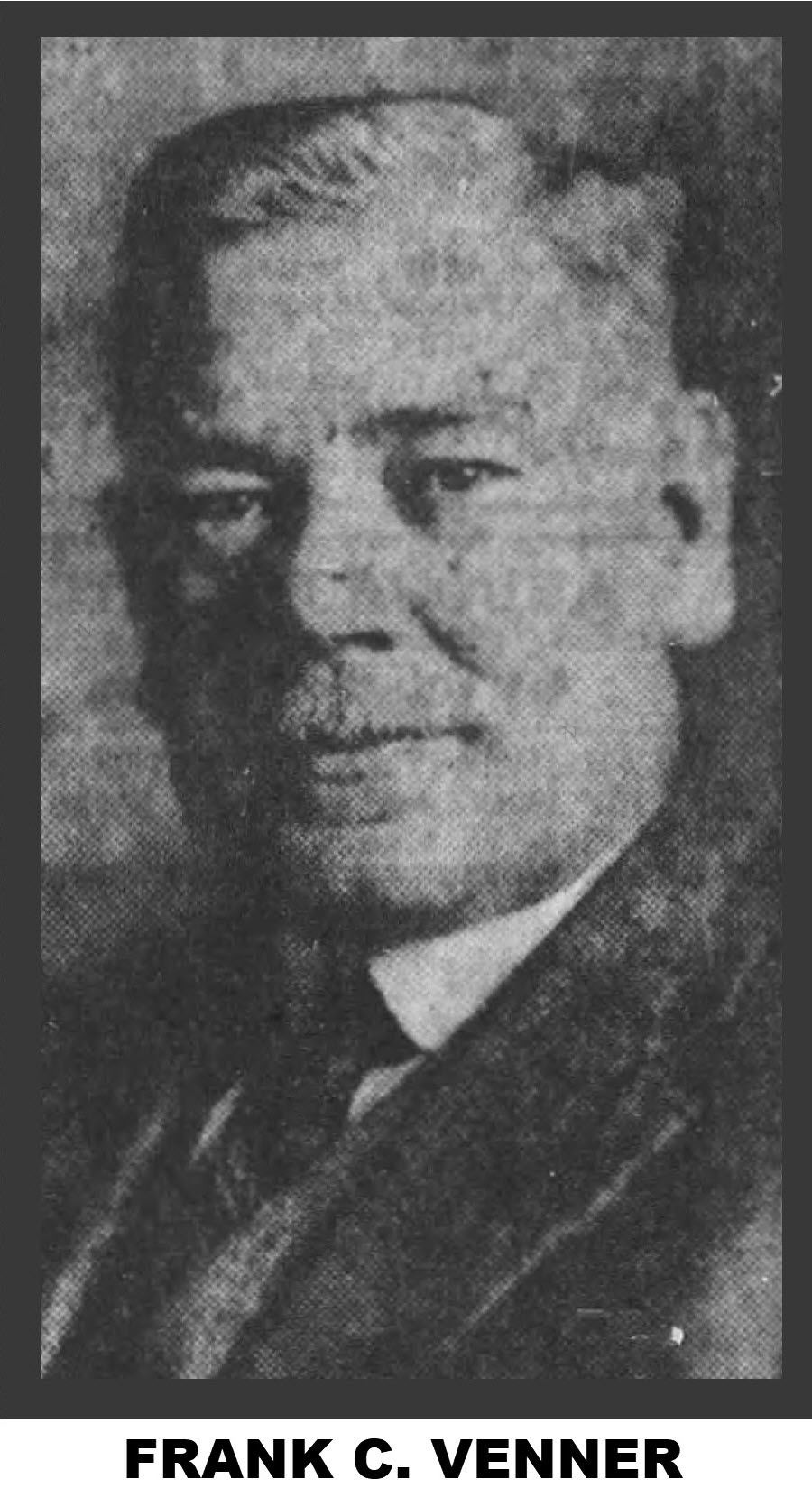Tom Watson Sr.: "We Are All Assistants"
|
|
Date Published: October 24, 2011
Date Modified: June 30, 2024 |
Thomas J. Watson Sr. on "We Are All Assistants"
We Are All Assistants
|
Such words, without context, could easily be attributed to a spiritual leader. But they were not spiritual dogma; they were a guiding principle from the 20th century’s greatest industrialist, Thomas J. Watson Sr. He believed all men should assist each other. Some would consider this concept too sensitive, too touchy-feely or yes, too spiritual.
Tom Watson Sr. considered it good business.
|
Shutterstock standard image license
|
These words empowered his corporate family to return to stockholders a compound annual rate of return of over seventeen percent for almost four decades encompassing nine recessions and the Great Depression. Through these times, he balanced his corporation on a tightrope stretched taut between the pillars of idealism and pragmatism.
Although some consider such beliefs paternalism--not Watson Sr., as this quote shows:
Although some consider such beliefs paternalism--not Watson Sr., as this quote shows:
"We all know that the welfare of the enterprises that we are directing is closely bound up with the welfare of our workers, but in attempting to counsel or advise those whom we employ, we must not adopt a paternal attitude. In these times, when independent thought and action should be the order of the day, employees resent an attitude of paternalism. It is a well-known fact, however, that an employee’s efficiency suffers if his mind is ill at ease, and that worry over financial troubles is one of the most powerful sources for the destruction of mental peace.
His quota was not a revenue or earnings-per-share target; it was building an organization defined by over-achievement. If he needed revenue, as he would at the end of 1932, he asked his IBM family to deliver—to assist him. Today every executive, manager, school principal, team lead or motivated employee—regardless of their position in a hierarchy, their corporate stature or lack thereof—must determine if being an assistant to those around them is idealistic, pragmatic or just good policy.
Tom Watson Sr. emphatically expressed his executive view this way:
Tom Watson Sr. emphatically expressed his executive view this way:
"When I say 'every executive must be an assistant to the man under him, rather than a supervisor or director,' I mean just that! What little success we have met within this business up to the present, has been due to the policy of assisting one another." In IBM it was policy.
[Select the image of Frank C. Venner to read how this IBM Endicott Plant Manager interpreted this policy of his boss when he spoke with a gather of fellow business men.] |

